
Category: ESSAYS
DIALECTICS
Posted by İsmet Şahin | Oct 7, 2024 | ESSAYS | 0 |
STATE-DEPENDENT RELATIONS: The State-Dependent Nat...
Posted by İsmet Şahin | Oct 7, 2024 | ESSAYS | 0 |
The Marxist Theory of History
Posted by İsmet Şahin | Oct 7, 2024 | ESSAYS | 0 |
The Rational Revolution and Hegel
Posted by İsmet Şahin | Oct 7, 2024 | ESSAYS | 0 |
The Mystery of Philosophy
Posted by İsmet Şahin | Oct 7, 2024 | ESSAYS | 0 |
A PHILOSOPHER’S FICTIONALISED SEARCH FOR PARADISE
by İsmet Şahin | Dec 12, 2024 | ESSAYS | 0 |
A PHILOSOPHER’S FICTIONALISED SEARCH FOR PARADISE
Contrary to A. Yardımlı’s claims, that Marxism does not deny everything established and all acquired values. It demonstrates that social development progresses through the conflicts of existing contradictions within it and explains that the future society will be shaped by the progressive segments of the conflicting sides of the past society: “No social formation disappears before it has developed all the productive forces it is capable of containing; new and higher production relations cannot come to take the place of old ones without blossoming within the womb of the old society.”
In other words, it explains that all acquisitions beneficial and necessary for humanity will be taken by future society and that the class tasked with saving humanity’s future, the proletariat, can only realize its and society’s liberation by dismantling all obstacles to the liberation (humanization) of humanity. This framework shows the way to clear the path for the endless development of humanity’s productive forces by dismantling all the regressive and anti-progressive forces within it. Marxist principles thus emerge as the principles that will clarify the path and lead humanity toward its future.
Read MoreDIALECTICS
by İsmet Şahin | Oct 7, 2024 | ESSAYS | 0 |
Plato, Aristotle, Kant, and Hegel on DIALECTICS
The term dialectic in Turkish stems from the root eytişmek, meaning the exchange of questions and answers in a debate. The term we often use, dialectic, is derived from the ancient Greek word dialektike, which refers to discussing, choosing, and gathering—rooted in the Greek verb leg, meaning “to choose” or “to collect.” The ancient Greeks referred to a conversation between two people as a dialogue.
STATE-DEPENDENT RELATIONS: The State-Dependent Nature of Modern Social Movements
by İsmet Şahin | Oct 7, 2024 | ESSAYS | 0 |
STATE-DEPENDENT RELATIONS: The State-Dependent Nature of Modern Social Movements
Marx, in line with the theoretical conclusions he reached in his studies on political economy, divides social relations into two categories: human-dependent and commodity-dependent relations. Human-dependent relations refer to the relationships that individuals and society are forced to establish for the reproduction of their biological and species existence. This historical moment is driven by the process of human production and the use-value produced by human activity, compelling people to interact with one another.
The Marxist Theory of History
by İsmet Şahin | Oct 7, 2024 | ESSAYS | 0 |
The Marxist Theory of History
The passage presents a Marxist perspective on the development of human knowledge, science, and history. It argues that human existence and the transformation of nature for survival have been central to the evolution of human knowledge, which eventually led to the development of science. Science, as a systematic reorganization of past knowledge, is seen as historically conditioned and constantly evolving with new discoveries. The text critiques the idea of achieving absolute knowledge, emphasizing that all scientific endeavors are limited by the historical and social context of their time.
The passage discusses the dialectical relationship between science and Marxism, noting that Marxism emerged as a product of 19th-century scientific progress. Engels’ view of dialectics as a product of scientific development is highlighted, along with the necessity for Marxism to evolve alongside scientific advancements. The critique targets bourgeois distortions in science, asserting that Marxism must be refined through scientific scrutiny to ensure it serves the interests of the working class.
The passage concludes with a reference to Dr. Hikmet Kıvılcımlı’s book, The Theory of History, which seeks to address perceived deficiencies in Marx and Engels’ historical analysis due to the limitations of their era’s scientific understanding. The text presents a critique of Kıvılcımlı’s attempt to “complete” Marxist theory by questioning whether he truly advances Marxism in light of contemporary scientific developments.
In conclusion, the passage outlines the ongoing evolution of knowledge, critiques bourgeois distortions in science, and establishes a critique of Kıvılcımlı’s interpretation of Marxist historical theory.
Read MoreThe Rational Revolution and Hegel
by İsmet Şahin | Oct 7, 2024 | ESSAYS | 0 |
The Rational Revolution and Hegel
Engels says, “The task of examining and developing science in its internal interconnections was first undertaken by Hegel in history,” and Marx and Engels always speak of Hegel and his theory as the master’s dialectic.
Undoubtedly, their speaking of him as a master shows Hegel’s power, which is actually the power of the bourgeoisie’s revolutionary power—the power of free rationality, which is now far behind. His era reveals Hegel’s power.
But whatever happens, he still stands before us in all his majesty. And today, for us, the main issue is to be able to restore Reason (Mind) to its old throne, to the freedom it had in the time of Hegel and Marx.
Read MoreThe Mystery of Philosophy
by İsmet Şahin | Oct 7, 2024 | ESSAYS | 0 |
The Mystery of Philosophy
Dive into the Philosophy of Science to explore how philosophical concepts shape scientific understanding and methodology.
We refer to the sciences that accept an initial empirical point as empirical sciences. In general, their essential aims and outcomes are laws and general propositions, which are concepts; what they find relates to ideas rather than anything else. Thus, while Newton’s physics was called natural philosophy, Hugo Grotius gathered the historical actions between nations into a collection of general principles, creating a theory known as the Philosophy of International Law. The term “philosophy” in England still carries this general meaning, with Newton retaining his reputation as one of the greatest philosophers. However, the term is reduced to tools like pressure gauges, which don’t fall under categories such as magnetic or electric devices, and are called philosophical instruments. Without a doubt, philosophy should be attributed to thought alone, not to the composition of wood or iron. In this sense, the field of political economy, particularly known as rational or theoretical economics in Germany, also began to take the name of philosophy, especially in recent times (Science of Logic, p. 7).
Hegel and the Concept of History: A Critical Review
by İsmet Şahin | Oct 4, 2024 | ESSAYS | 0 |
Hegel and the Concept of History: A Critical Review
In his book The Philosophy of History, originally titled Die Vernunft in der Geschichte (Reason in History), Hegel approaches history from a philosophical perspective. In order to understand this perspective, it is first necessary to have some familiarity with the general outlines of Hegel’s philosophical system. Therefore, this paper will begin by providing a brief summary of Hegel’s system.
On the Influence of Aristotle on Marx
by İsmet Şahin | Sep 29, 2024 | ESSAYS | 0 |
To the uninitiated, the connection between Marx’s theoretical framework and the ideas of a...
Read MoreRECENT POST
-

-

-
 Child Escaping from the ClassFeb 8, 2025 | BOOKS
Child Escaping from the ClassFeb 8, 2025 | BOOKS -
 Anti-Kapitalist ManifestoFeb 8, 2025 | BOOKS
Anti-Kapitalist ManifestoFeb 8, 2025 | BOOKS -
 Quantum Philosophy: There Is No Closed WholeFeb 7, 2025 | BOOKS
Quantum Philosophy: There Is No Closed WholeFeb 7, 2025 | BOOKS
Products
-
 QUANTUM FİLOZOFİ - KAPALI TÜM YOKTUR (Türkçe)
QUANTUM FİLOZOFİ - KAPALI TÜM YOKTUR (Türkçe)
₺60,00Original price was: ₺60,00.₺45,00Current price is: ₺45,00. -
 ANTİ KAPİTALİST MANİFESTO (Türkçe)
ANTİ KAPİTALİST MANİFESTO (Türkçe)
₺60,00Original price was: ₺60,00.₺45,00Current price is: ₺45,00. -
 SINIFTAN KAÇAN ÇOCUK (Türkçe)
SINIFTAN KAÇAN ÇOCUK (Türkçe)
₺60,00Original price was: ₺60,00.₺45,00Current price is: ₺45,00. -
 Quantum Philosophy - There Is No Closed Whole
Quantum Philosophy - There Is No Closed Whole
₺150,00Original price was: ₺150,00.₺110,00Current price is: ₺110,00.
RECENT REVIEWS
-
Escaping Class: A Philosophical Critique of Marxism by İsmet Şahin – An Advanced Scientific CritiqueScore: 93%
-
Philosophical Epistemologies for Global Education: A Systematic Exploration of Forthcoming ChallengesScore: 56%
-
Child Escaping from the ClassScore: 97%
-
Anti-Kapitalist ManifestoScore: 84%
-
Quantum Philosophy: There Is No Closed WholeScore: 99%


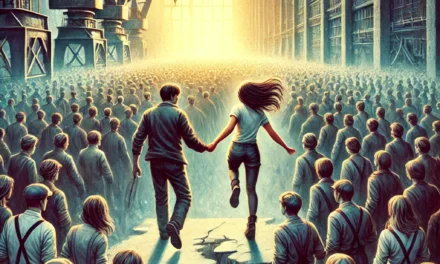
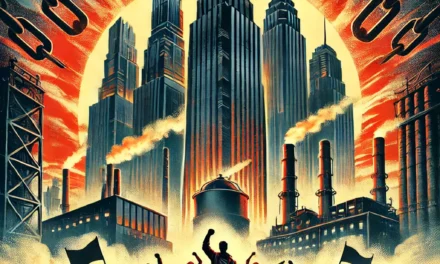

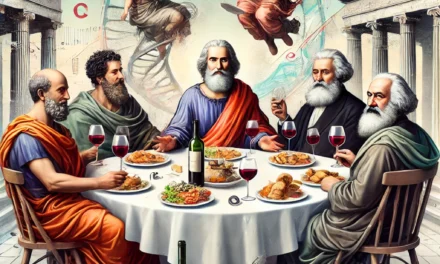
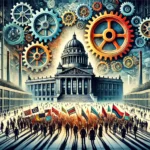

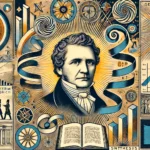











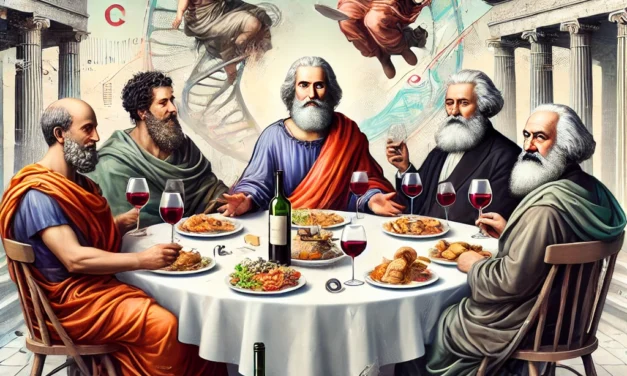
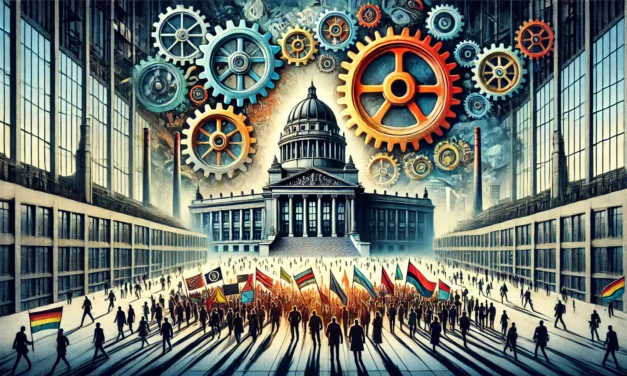
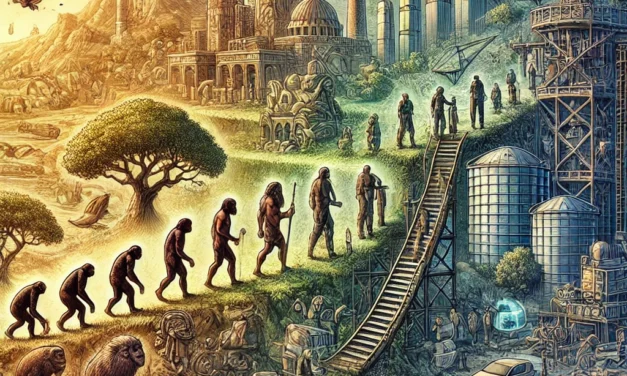

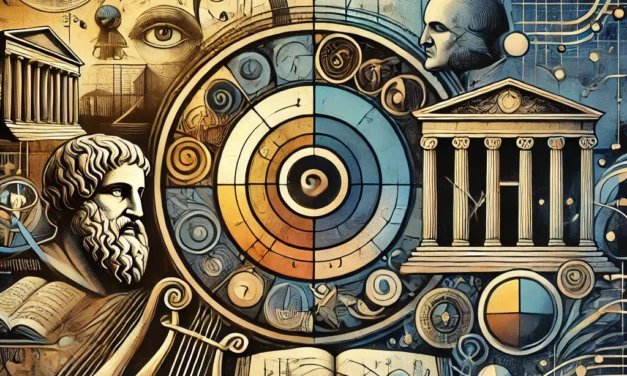

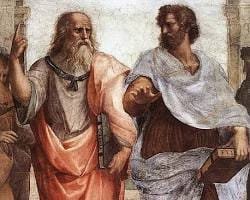





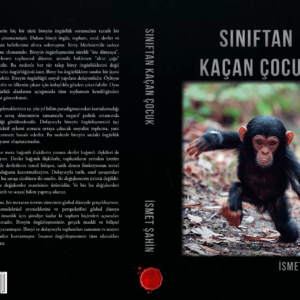
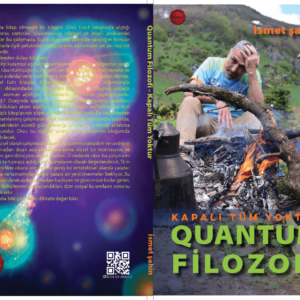
RECENT COMMENTS